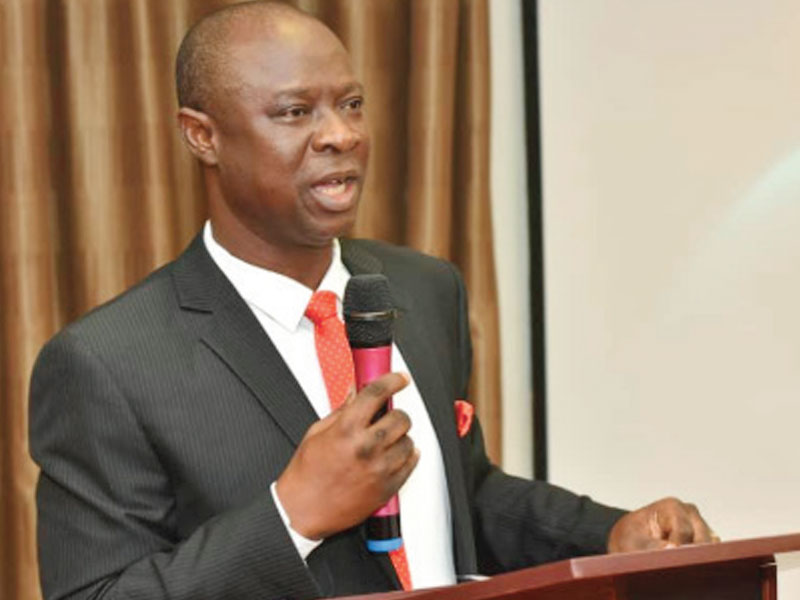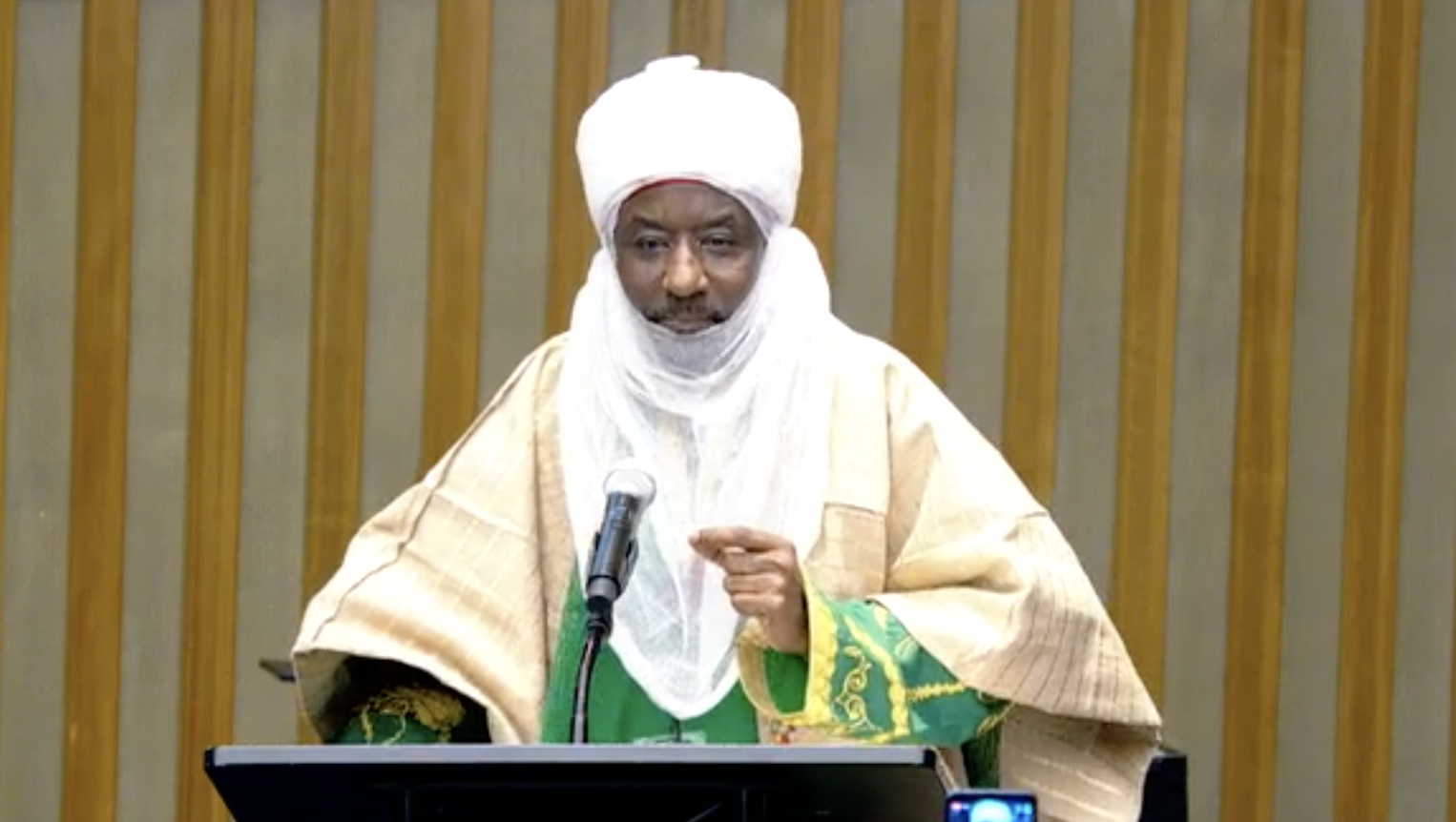Financial Services Innovators (FSI) has said that commercialising indigenous technology solutions could help boost Nigeria’s economy and put it on the global map.
Aituaz Kola-Oladejo, executive director of FSI, disclosed this at a press conference on Thursday in Lagos.
Kola-Oladejo called on the Nigerian government and private sector players to support its hackathon initiative aimed at discovering and grooming young tech talents.
“Why can’t Nigeria write the next programming language for the world? Why are Nigerians not learning programming in Yoruba, Hausa, Igbo or Fulani, as they do in other countries like China,” she queried.
Advertisement
In a statement, the resource centre said it is organising a hackathon in collaborating with the Nigeria Association of Computing Students to address the dominance of cash transactions within the informal channels in the suburban parts of Nigeria, including university communities.
“The FSI and NACOS Innovative Challenge themed ‘#TechonDemand’ is focused on providing solutions not just in the financial services, but also in the health, education and transport sectors,” the statement reads.
The event will virtually hold from October 1 to 9 and physically from October 12 to 14 at Nile University, Abuja.
Advertisement
According to Kola-Oladejo, FSI is passionate to help the youths commercialise their ideas.
“FSI is set up as a vehicle to engender financial innovations, industry collaboration as well as empower startups,” she added.
“We are passionate about enhancing financial innovation and leveraging the number of vibrant youths that largely make up the Nigerian population. Many of the youth population are talented but have no vehicle to nurture their ideas and commercialise them.
Kola-Oladejo noted that already there is a regulatory divide between the innovators and the regulators, but that FSI stands to advocate and bridge the divides, stressing it is one thing to have an idea, but another to commercialise it.
Advertisement
“We have a couple of financial services players, including banks that have contributed their APIs to the sandbox,” she explained.
“We believe that Nigeria can be put on the global map in terms of technology. We have seen a few fintech unicorns like PayStack and Flutterwave, but we want to democratise innovation and create more fintech unicorns in the industry,” she said.
Aside from the benefit of making the cost of digital services less expensive, she added, “FSI intends to make the use of technology for financial services a habit. It is a clarion call, actually a wake-up call for the Nigerian government, banks and regulators to support the initiative because it is about national development.
“For instance, if you go to the University of Lagos, there are a lot of robots developed by students but nobody to further those innovations. We want Nigeria to get to a point where Nigerians are writing the programming language that can be used in other parts of the country.”
Advertisement
According to her, Nigeria needs more home-grown technological services like instant payment as well as build technologies that are useful in other countries.
Her words, “We don’t just want to be relevant, we are relevant already, as we have been attracting foreign investors, but we want to be a leader. We want to export Nigerian technology. We think Nigerian technology is mature enough to be exported, but the problems are the infrastructure, support and the ecosystem. FSI is about ecosystem development and bringing the incumbent players together.
Advertisement
“Let us dialogue and listen to these startups, these new business models, observe and nurture them as well as give them an opportunity to commercialise their ideas.”
Advertisement
Add a comment





